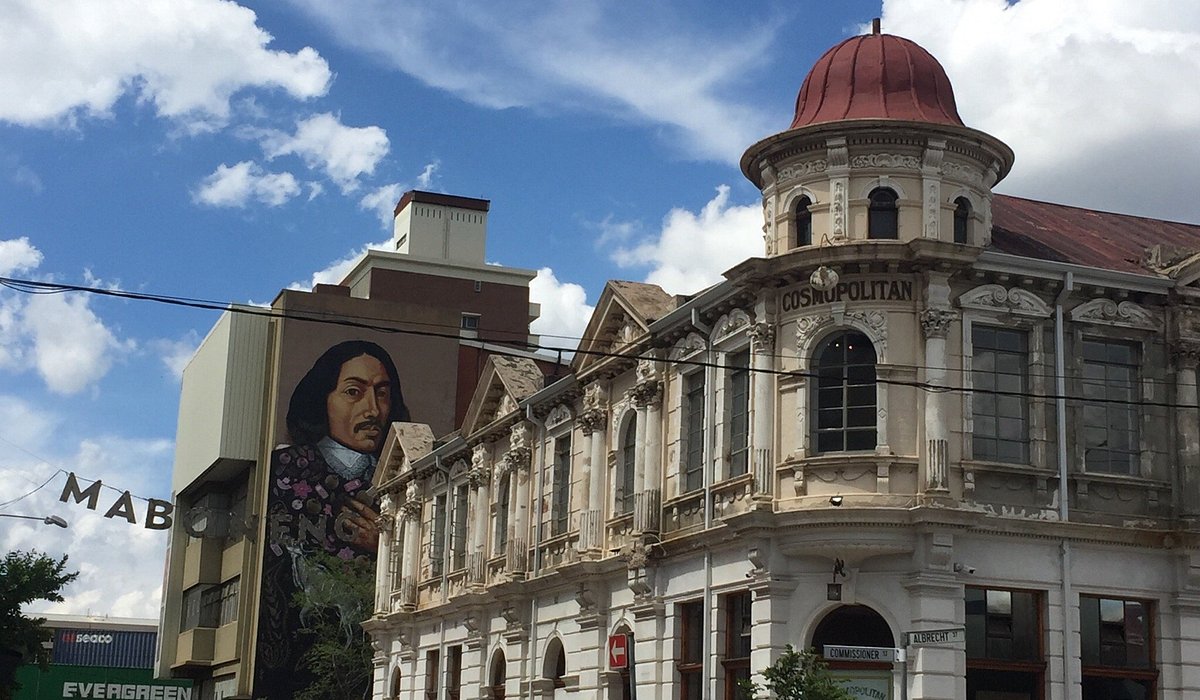Things about Johannesburg North Attractions
Things about Johannesburg North Attractions
Blog Article
See This Report on Johannesburg North Attractions
Table of ContentsThe Basic Principles Of Johannesburg North Attractions Johannesburg North Attractions - QuestionsSee This Report on Johannesburg North AttractionsJohannesburg North Attractions Fundamentals ExplainedFacts About Johannesburg North Attractions UncoveredOur Johannesburg North Attractions PDFsSee This Report on Johannesburg North Attractions
Nonetheless you must keep safety in mind and travelers should stay alert whatsoever times when in unfamiliar surroundings. Talk to the locals when you are in community to discover the location you are remaining in. Johannesburg North attractions. When on the street (this does not apply to mall and various other secure settings) best basic advice is to try your ideal to look like a local and to prevent presenting any kind of form of wide range
How Johannesburg North Attractions can Save You Time, Stress, and Money.
Professor Revil Mason O. J. (Thomson, 1946) checked out the Witwatersrand's pre-colonial history. His archaeological job blew up the 'em pty land' misconception, according to which the area was lacking human habitation before the arrival of European inhabitants. In his publications Prehistory of the Transvaal: A Record of Human Task (1962) and Beginnings of Black Individuals of Johannesburg and the Southern Western Central Transvaal AD 3501880 (1986 ), Teacher Mason demonstrated the degree of social and financial development in the area prior to Europeans established foot right here.

The Greatest Guide To Johannesburg North Attractions
In 1878, David Wardrop located gold in quartz veins at Zwartkop, north of Krugersdorp. In 1881, Stephanus Minnaar came across gold on the farm Kromdraai, near the Cradle of Mankind.
In March 1886, a protrusion (soon to be called the Main Coral reef) was found, quite luckily, on Gerhardus Oosthuizen's ranch Langlaagte. Some say that the Lancastrian coal miner George Walker uncovered this reef. An additional travelling English prospector, George Harrison (that had actually previously functioned in Australian mines) acquired a prospecting licence in regard of Langlaagte in May 1886.
He determined to go on in a mission for greener fields, and disposed of his Langlaagte claim for the princely amount of 10. Alas: under lay the richest goldfield ever before found. The discovery of this abundant auriferous coral reef provoked a gold thrill that signalled the end of bucolic tranquillity in the southern Transvaal.
It would, within 6 years, become the largest town in southerly Africa. Within a decade, it would certainly make the Z. A. R. till after that an anarchical and insolvent little state the most affluent nation in Africa. By the turn of the century, the Z. A. R. was to exceed Russia, Australia and the USA of America to come to be the globe's leading gold producer, generating even more than a quarter of the globe's gold.
Little Known Facts About Johannesburg North Attractions.
It was referred to as Ferreira's Camp, called after Colonel Ignatius Ferreira. He was a Boer adventurer upon whom the British authorities had actually bestowed the status of Companion of the Many Identified Order of St Michael and St George (entitling him to the post-nominal letters C. M. G.) in thankfulness for his function in the battle that had deposed the Pedi king Sekhukhune in 1879.
Soon the camp was teeming with camping tents and wagons as beginners showed up daily from far and wide. By September 1886, some 400 people stayed in Ferreira's Camp, which quickly flaunted built iron and wood structures. 2 other camps were developed: Meyer's Camp on the ranch Doornfontein, and Paarl Camp. The latter was nicknamed Afrikander Camp; many people from the Cape go to this website Swarm cleared up there.

Getting The Johannesburg North Attractions To Work
This name got money by word of mouth, such that the State Assistant verified the name to the Mining Commissioner on 9 October 1886. Stands in the village were auctioned on 8 December 1886. While some stands were cost 10, others were torn down for just sixpence.
2 years later on, these erven were to alter hands for as long as 750 each. The tented camps dwindled as a dorp of corrugated iron buildings developed and expanded north of the mines situated along the Main Coral Reef Road. Locations such as Jeppe's Town (where working-class immigrants erected their houses) and Doornfontein (where the wealthy new 'Randlords' began to create their opulent homes) were soon included in the ever-expanding map of the community.
Some Of Johannesburg North Attractions
Aside from the street names, there were no indications of Johannesburg being located in a Dutch-speaking country. Many years later, C. W. Kearns O. J. (one of the very first young boys signed up at St John's College in 1898) would recall: 'An unusual reality concerning Johannesburg was that, although it was in the [Boer Republic], virtually everybody talked English and also the Federal government servants resolved one in English, unless they were very first dealt with in the Taal (or Low Dutch)'.
Therefore, Britain had a rate of interest in ensuring ideal problems for gold manufacturing on the Witwatersrand, which the gold was exported to London rather than Berlin a necessary provided even redirected here more clamant by the Z. A. R - Johannesburg North attractions.'s increasing toenadering with Germany. Mine proprietors were on a clash with Head of state pop over to this site Kruger, whose policy of monopolistic concessions (usually given to his cronies) protected against mining firms from obtaining products of materials (especially dynamite) and work on their own, less costly terms
Examine This Report on Johannesburg North Attractions
In 1890, the Volksraad had actually limited the franchise business to white guys that had resided in the Z. A. R. for fourteen years or longer, thus disqualifying many of the immigrants (who occurred to be the major factors to the fiscus). However, anxiety for the vote was a mere pretense for promoting a different agenda; a lot of uitlanders regarded themselves as momentary visitors and had no purpose of remaining in the Z.
Report this page